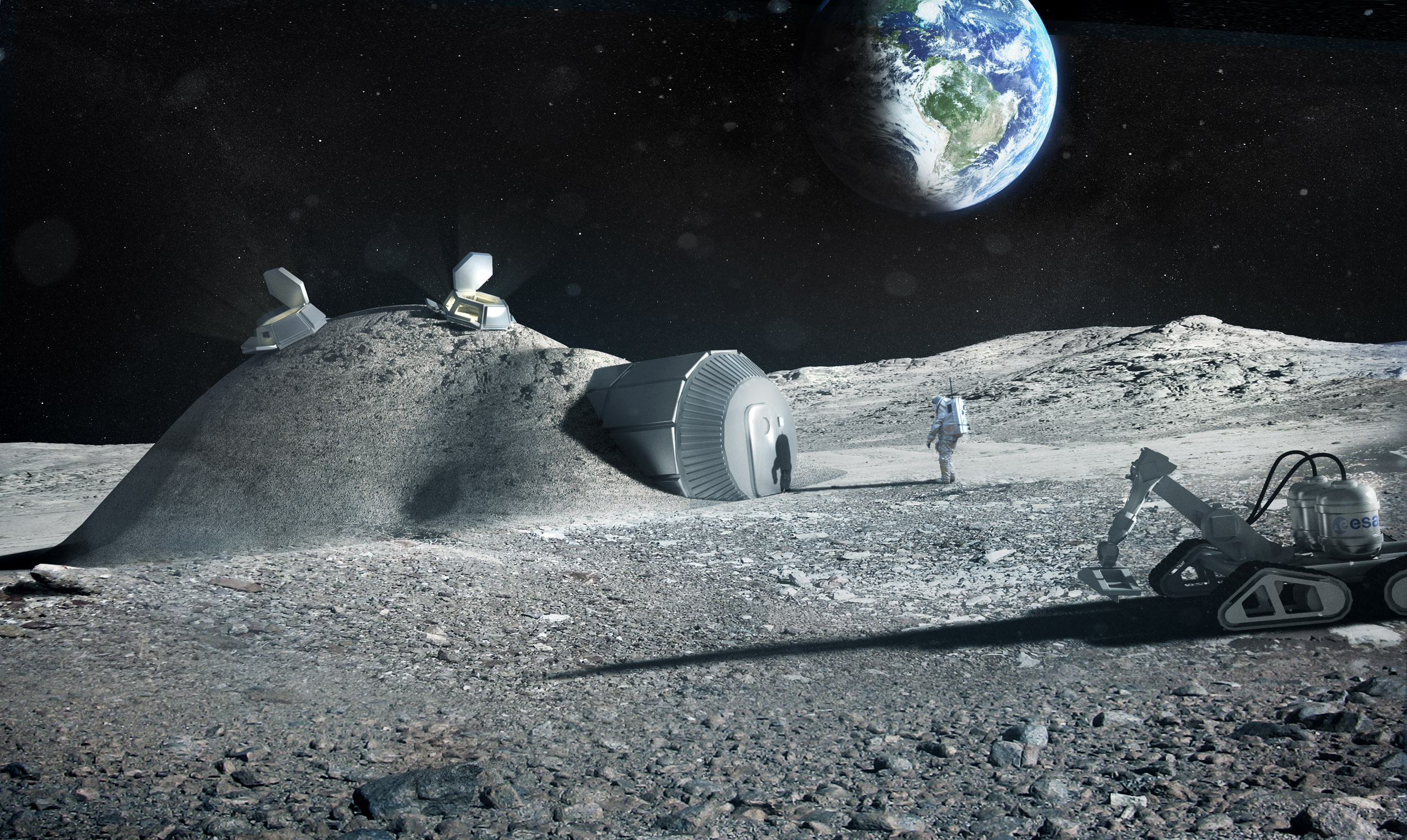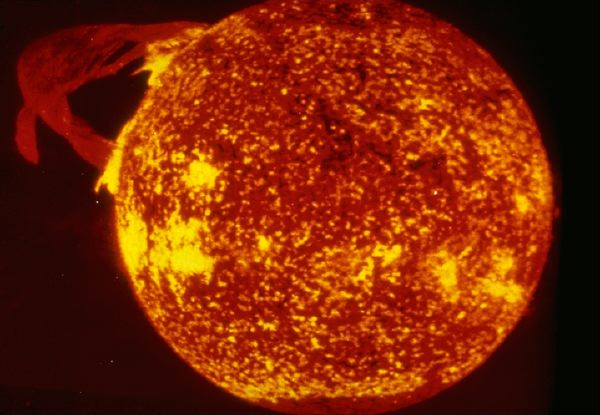Aliens are probably cool: Psychologists think we would handle news of alien life pretty well
06/13/2018 / By Rhonda Johansson

Social psychologists say that most of us would respond very well to alien life. In fact, we would greet these life forms with unadulterated enthusiasm and be generally happy with the introduction. These were the conclusions of a new, if not strange, study that was presented to the American Association for the Advancement of Science. In it, researchers say that while many articles and novels have been written on how we would respond when (or if) we meet extraterrestrial life, no empirical analysis has ever been done on the subject.
Arizona State University Assistant Professor of Psychology Michael Varnum led the study. He and his colleagues gathered scores of newspaper articles that talked about the potential for extraterrestrial life discoveries. The team then analyzed the reactions (or “mood”) of the articles using a software program that could quantify emotions, feelings, and other psychological states found in the written texts.
In particular, professor Varnum focused on the 1996 discovery of the possibly fossilized extraterrestrial Martian microbes found in a meteorite, the 2015 dimming of the Tabby Star (which was hypothesized to be evidence of an “alien megastructure” but has now been confirmed to be a proliferation of dust particles), and the 2017 discovery of Earth-like exoplanets. It was observed that all articles that talked about these events used more positive language than negative.
In a separate study, 500 participants were asked to write about their own hypothetical responses to the announcement that Earth had made contact with alien life. Again the team found the words used in the participant’s answers were overwhelmingly positive.
For their final study, professor Varnum and his team divided another set of 500 participants into two groups. The first group was asked to read a New York Times article describing evidence of an ancient microbial life on Mars whereas the other group read another New York Times article which claimed that scientists were able to successfully create life in a lab. All in all, participants used 10 times more positive words than negative ones when reading about the news of alien life. This study did not differentiate how the participants would feel about meeting actual beings compared to microbes. (Related: Not just little green men: Alien life may also come in the form of viruses – will our astronauts be prepared?)
But have we really made no contact?
The new study is based on the assumption that humans have never made contact with alien life – in whatever shape or form. However, a quick look at any tabloid would prove that people have been reporting activities (and even sexual relations) with non-human beings for years now. Whether or not these are true is irrelevant to this story, but it would be interesting to see the many types of aliens we humans have supposedly been in contact with for at least several decades.
- The grays/greys – This is the most common type of alien that have been reported, with stories about the greys dating as early as the 1970s. These aliens stand at only four feet tall, have large heads, and large almond-shaped eyes which are typically dark. Their skin is either white or gray. The greys do display emotion and are the ones who frequently abduct humans for clinical experimentation.
- Little people – These were the aliens reported by people during the 18th and 19th centuries. Sightings usually clustered around the Indo-China regions. Little people stood only at one to two feet tall and resembled humans in appearance. Little people were inquisitive and were observed to be engrossed with timepieces.
- Nordics – These aliens look like humans but are considerably taller, reaching at least seven feet in height. Nordics supposedly have a hypnotic beauty similar to that of a Greek god. Nordics are said to be very kind and have supernatural abilities such as telepathy and dematerialization.
Read more interesting stories about aliens, their possible existence, and other space-related news at Space.news.
Sources include:
Tagged Under: alien abduction, alien contact, alien life, aliens, extraterrestrials, greys, life in space, little people, Martian, non-human beings, nordics, Space




















